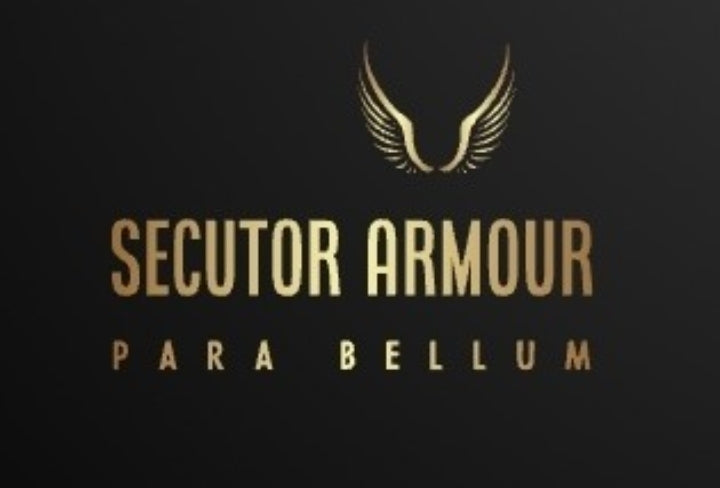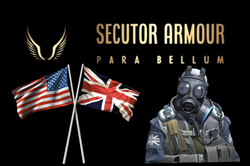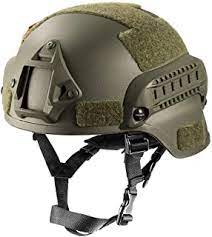SECUTOR ARMOUR LTD
Self defence - Survival Sabre Torch 8-10 inch Flame 🔥
Couldn't load pickup availability
Product Feature
• Before filling, use a small tool to support the filling core, completely put the residual gas inside, so that the pressure in the lighter can be eliminated;
• The gas tank outlet vertical downward pressure, pressure 5 seconds each time, two or three times
360°Inverted Ignition & Adjustable Flame Size: The sabre torch lighter can easily ignite at any angle, even when inverted 360 degrees. The flame size can be easily adjusted by the bottom dial without any tools, convenient and practical.
Safety Lock Design: Push the safety lock to the left to lock the switch when the lighter is not in use to prevent accidental operation. Push left to lock the flame during use, release your finger to continue burning
-
Butane: Most commonly used gas, suitable for both soft and torch flame lighters. Ideal for general use and provides a consistent flame.
-
Isobutane: Variant of butane with a lower boiling point. Performs better in cold weather but evaporates quicker, requiring more frequent refilling.
-
Propane: High-pressure gas with a very low boiling point. Best for outdoor and extreme cold conditions.
-
Zippo/Ronsonol Fluid: Refined petroleum distillate, composed of naphtha. Ideal for wick-based lighters, ensuring a clean and steady flame.
Butane: The Versatile Choice
Butane is the most common gas used in lighters. It's a colourless, highly flammable gas that's easy to compress into a liquid, making it ideal for lighter refills. Butane has a boiling point of approximately -0.5°C (31.1°F), which makes it effective in most typical environments.
Isobutane: A Reliable Alternative
Isobutane is a variant of butane with a slightly different chemical structure, offering similar benefits. It has a lower boiling point of around -11.7°C (10.9°F), ensuring reliable ignition in low temperatures. This makes isobutane particularly useful in colder climates.
However, because isobutane evaporates more readily due to its higher vapor pressure, it tends to run out more quickly than butane. This means lighters using isobutane will require more frequent refilling. If you live in a colder region, a lighter filled with isobutane might be your best bet for consistent performance.
Some of our high-end torch lighters at Art Brown International are designed to accommodate isobutane, ensuring excellent performance even in winter.
Propane: The High-Pressure Option
Propane is another gas sometimes used in lighters, especially those designed for outdoor or rugged use. It's a heavier gas than butane and is stored at a higher pressure, making it less common in everyday lighters. Propane has a boiling point of around -42°C (-43.6°F), which is significantly lower than both butane and isobutane, allowing it to perform well even in extreme cold.
Propane lighters are often favored for outdoor activities due to their ability to produce a strong, wind-resistant flame in harsh conditions. While propane lighters are less common, they can be found in some specialty models we carry. Notably, S.T. Dupont sells a Butane-Propane mix specifically for their Defi lighters, combining the benefits of both gases to ensure optimal performance in various conditions.
Materials
Materials
Shipping & Returns
Shipping & Returns
Dimensions
Dimensions
Care Instructions
Care Instructions









NIJ IV armor
NIJ certified armor with a level IV ratingprovides the best ballistic protection on the market. Level IV body armor can protect wearers against rounds such as 7.62 x 51, light armor piercing projectiles like 5.56 x 45 (M855), and . 30 Caliber M2 armor-piercing bullets.










